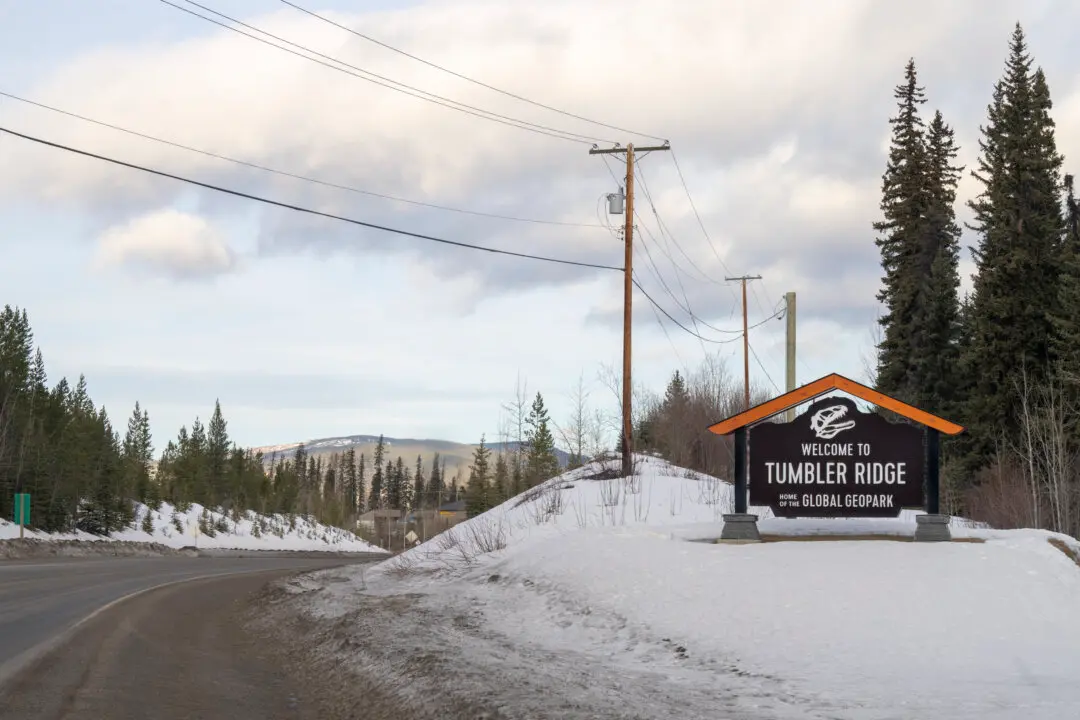OTTAWA—The federal Liberals want a mandatory expansion of the Canada Pension Plan, Justin Trudeau said Wednesday, May 27, as the Harper government’s abrupt pivot towards a voluntary increase in contributions continued to reverberate.
The Conservatives, long opposed to expanding the plan, made a 180-degree turn May 26 with a promise to explore allowing people to funnel more earnings into the program to expand their nest eggs.
The change appeared designed to wrest some ground away from the government’s rivals as parties battle for position on retirement income, already shaping up to be a central ballot-box issue in the October election.
Trudeau, acknowledging that the Liberals campaigned in 2011 on a voluntary increase, said a Liberal government in 2015 would introduce a mandatory CPP expansion similar to one proposed in Ontario.
“In conversations with the provinces and on reflection, we’ve realized that we actually need a full, proper expansion of the CPP,” Trudeau said.
“We’re looking at an expansion and a mandatory expansion of the CPP of the type that (Premier) Kathleen Wynne put forward in Ontario. She had said a number of times that she was desperately hoping that the federal government would show leadership on this.”





